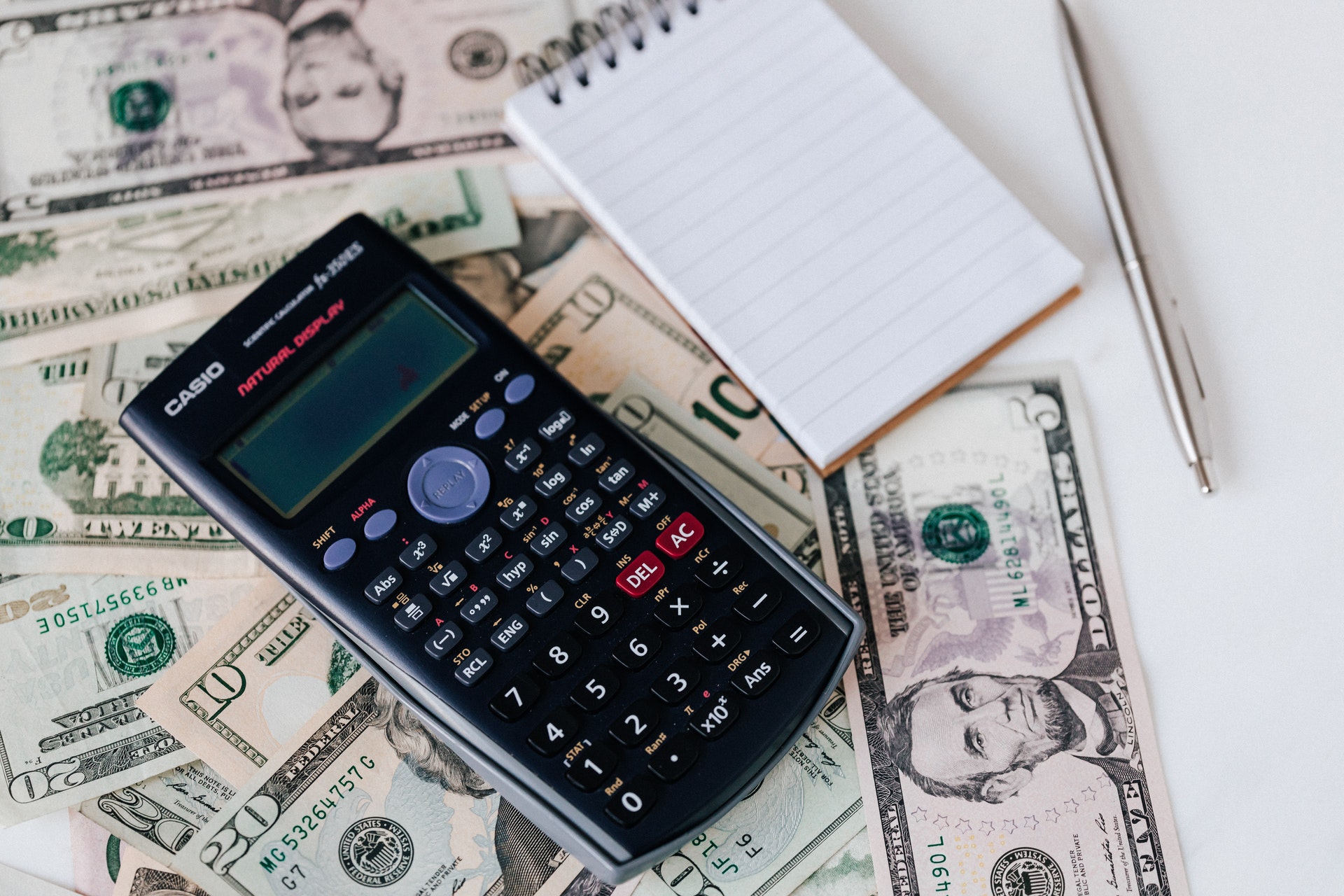Apartment dwellers enjoy many perks that come with apartment renting, but utility bills are not one of them. It is the kind of responsibility many renters don’t enjoy taking.
Depending on location and the time of year, your utility bills can skyrocket and, perhaps, get out of control fast.
With the summer or winter in full swing, your rental budget could run well over 30 percent more than the recommended 50/30/20 thumb rule. This is because you will be using air conditioning (for hot and cold air) and heating (heating costs rise) in the room.
Whether you’re a first–time renter or an experienced renter, utility bills surging is nothing to be happy about. This would lead one to ask: “how do I lower my utility bills?”
How to Keep Utility Bills Low in an Apartment
Lowering a utility bill can help cut down your rental budget every month. As a homeowner, you have the freedom to make any kind of changes in a bid to lower your utility bills.
With that being said, what happens when you live in an apartment where you can’t make the kind of changes you could in a new home?
No landlord will allow you to make drastic changes to their property. However, this does not rule out the possibility of being energy-efficient. There are other ways to save if you want to achieve the same result.
Here, we will show you ways to save hundreds, if not thousands, of dollars that you could use for more important things.
How to Lower Your Electricity Bills
Even though electricity in your house plays an important role, it is among the main culprits sucking your bank account dry every month. As such, you need to take measures on how to regulate energy consumption and be energy-efficient.
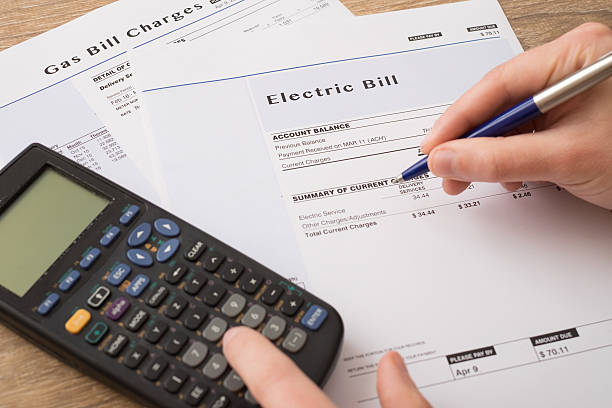
You can do a lot to save money on the electric bill and be energy-efficient, from the kitchen, to the hot bathroom shower, to the lighting.
What is a Normal Electricity Bill?
What does a normal monthly electricity bill look like?
Well, there’s no exact answer to that since several factors affect the cost of electricity bills. For example, the location and size of your apartment can determine how much you will pay every month.
A report by the Energy Information Administration has shown how apartment renters are paying for the electric bill. Check it out!
- For a single-family renting an apartment, they pay about $159.83/month or $1,918/year
- Per family member in an apartment, the cost of electricity is about $52.58/month or $631/year
In 2018, the Energy Information Administration reported the average electric bill was $117.65. Further, they reported that the average amount of electricity used was 914-kilowatt hours, while the cost of electricity stood at 12.87 cents per kilowatt-hour.
The average electric bill for a 1-bedroom apartment is $94 per month. However, this could change if you don’t live alone. For example, if you have a roommate that will spend hours blasting the air conditioning, your electric bill will most likely shoot up.
As said earlier, the cost of electricity will also depend on the size of the apartment. So what does the cost of an electric bill look like per square feet?
| Square Feet | Cost of Electric Bill Per Month | Cost of Electric Bill Per Month |
|---|---|---|
| Up to 500 square feet | $82.75 | $993.00 |
| From 500 to 999 square feet | $107.58 | $1,291.00 |
| From 1,000 to 1,499 square feet | $140.75 | $1,689.00 |
| From 1,500 to 1,999 square feet | $174.00 | $2,089.00 |
If you want to save on electric bills, here are ways to do so:
Switch to Energy-Efficient Light Bulbs
The emergence of LED light bulbs has transformed how we consume electricity.
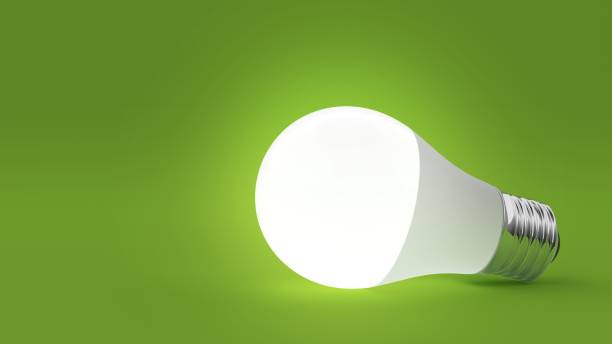
On average, LED light bulbs consume more than 75 percent less energy than incandescent bulbs, hence, lowering your electric bill. Not to mention, LED lights can last as far as 25 times longer than incandescent bulbs, so you don’t need to replace them nearly as often.
Therefore, instead of incandescent bulbs switch to energy-efficient light bulbs.
Here is a quick recap of what you get by using LED lights:
- Energy-efficient light bulbs (lowers your electric bill)
- No regular replacement
- Ambient light source
Unplug Appliances
Is it true that unplugging saves money on electricity bills?
It certainly does.
You must unplug your appliances when they are not in use if you want to save energy and lower your electric bill. It’s one of the main culprits for consuming a significant portion of your electricity.
Isn’t manually unplugging a bit of a pain?
Well, in the modern era, you don’t have to go through all that. You can now unplug your appliances digitally from your smartphone. The control of unplugging from your phone makes it efficient and hassle-free.
You could also consider using smart power strips for appliances that will enter on standby mode when not in use. With that said, a power strip also uses energy, so unplug them when you’re not around.
Maintain Your Appliances
You must be wondering what is causing high electricity bills every month, yet you’re almost doing everything as usual! The answer is your appliances.
When not in good condition, appliances can consume energy inefficiently, leading to a surge in the electric bill.
As one of the ways to save energy, you should be keen to maintain appliances as often as possible. For example, you should vacuum your refrigerator coils often to keep them in good shape. Perhaps consider moving your refrigerator inches away from the wall to boost efficiency. Also, try to avoid keeping appliances or gadgets plugged in overnight, as this can pose a fire safety risk in addition to overcharging. Whether you’re recharging a disposable vape or a laptop, try to do this during the day and unplug them once they’re full.
Also, if you want to heat liquids you’d rather use a microwave than use your stove, to save energy. However, you should know that microwaves heat liquids unevenly, so stir them before use.
Limit Your Use of Hot Water
Simply change your energy habits! It’s one of the best ways to save electricity.
While most people agree that hot water is necessary, few admit that they use it excessively. The way you use hot water can affect how much you pay on your monthly energy bill.
You can save a few dollars by regulating your water usage, whether it’s for laundry, hand washing, showering, or doing the dishes.
For example, instead of spending too much time in the shower, cut it short. You’ll be surprised how much money you can save by doing so.
Make Sure Lights are Turned Off
Isn’t this something you’ve heard before? Isn’t it like a hymn from your parents to tell you to “turn off the lights” when you were a kid?
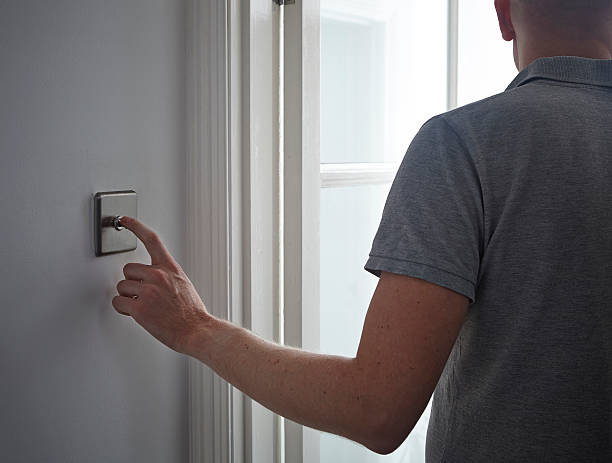
You now understand why your parents yelled, as much as you used to find it irritating. Turn off the light, when they are not in use, to save money on your energy bill. Your parents were simply teaching ways to save energy. Besides, using natural light is still good enough!
Now save yourself from all that electricity bill surging every month and simply turn off the lights.
Fix Your Water Heater
Regulating your water heater temperature will save you money. For example, if you’re not at home, you can adjust the water heater temperature and turn it back when you return.
The purpose of a water heater is to keep water at a specific temperature. However, if you take control of how to use your water heater, you’re likely to save a huge amount on the electric bill.
Eliminate Leaks
The gaps between your door or windows could be the most significant factor driving up your electric bill. To prevent such leaks, make sure that the gaps are filled with weather strips.
With no air leaks, heating your apartment will be quicker, thus, reducing the amount of energy used to heat it. In other words, your heating costs will be less.
Examine the Air Filter and Ductwork
Check your air filters to make sure they are in good shape.
Clean air filters will make work easier for your HVAC system. On the other hand, a dirty air filter will be problematic to the HVAC system.
A dirty air filter will cause your electricity bill to rise since the system will be running heavily.
How to Lower Your Water Bills
According to the U.S. Environmental Protection Agency (EPA), an average American family uses at least 300 gallons of water per day at home. However, much of that water goes to waste every day, increasing the water bill.
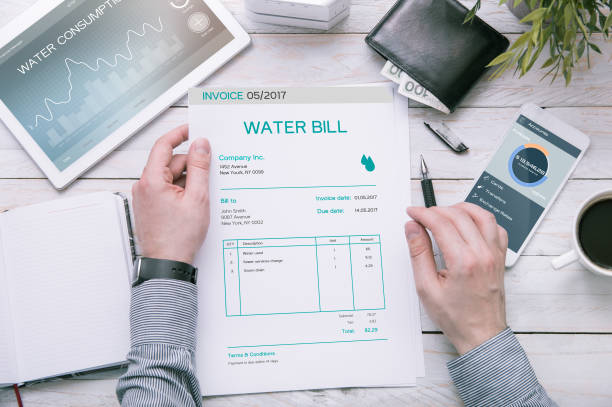
As such, you must learn how to regulate your water usage if you want to lower the monthly water bill.
Here is what you should consider doing:
Fix Leaks
Fixing water leaks can help save your water bill. Check your faucet to make sure it is tight enough. If not, replace it as soon as possible. A dripping faucet is not something to turn a blind eye to.
As such, staying on top of maintenance will save you from dripping faucets, among other water leaks in your apartment.
Always Try to Save Water
Don’t let the water run while washing or doing other things. If you’re not using water, turn it off; it’s one of the steps in water conservation.
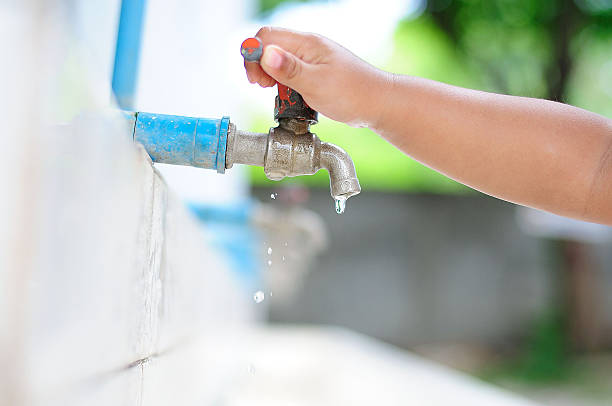
If you’re doing the dishes, instead of using running water, fill the sink with enough water and wash, lather, and rinse them. Perhaps you’ll use less water and save yourself from paying a couple of dollars extra at the end of the month.
Collect Additional Water
If you’re in the shower and waiting for it to heat up, don’t let that water go to waste. Put a bucket under and collect it; you can use this to water the plants, among other uses.
If you make water conservation a habit, you’ll reap the reward of a lower water bill every month.
Wash Using Cold Water
You don’t need to use your water heater if you wash your clothes in cold water. By doing this, you will be using your water heater less and, thus, lower your apartment utility bill. Also, remember to insulate your water heater.
If you can insulate the water heater, you stand a better chance of saving energy.
Other Ways to Lower Your Utility Bills
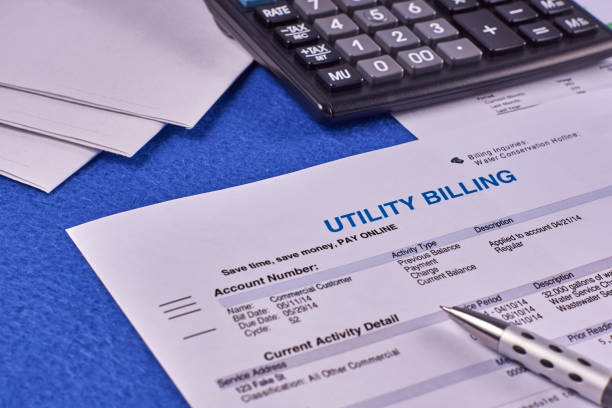
Invest in Cutting-Edge Technology
Technology will make your life easier and save you from paying more for utilities every month. For example, a smart thermostat allows you to control the temperature of your home.
It’s normal to forget about the light after you leave. Therefore, if your home is smart, you can switch off all the lights while you’re away.
Inquire About an Energy Audit
An apartment energy audit will help you uncover where you’re overspending on energy.
Ask your provider to conduct an audit. Often, many companies will not charge you for conducting an audit report at your home. Additionally, they will suggest how you can lower your usage and bills.
Consider Going Green
It might cost you a fortune to invest in energy-efficient appliances, but it’s worth it in the long run. Solar panels can be among the ways to save, but they will also require some initial investment.
Do Your Household Chores at Night
During the day, some companies charge mightily for electricity use in an effort to encourage saving energy. As such, if you’re looking to consume less energy, consider doing laundry during the night, when the charges are less.
Harness the Power of the Sun
The natural heating sun effect can increase the room temperature by a few degrees. With that said, it gives you the chance to lower your thermostat, hence, using less energy and becoming more energy-efficient.
What is the Average Internet Bill?
Today, being connected to the internet is a must-have. With the rise of remote work, the internet has proved to be important more than ever.
The average cost of your internet bill depends on the plan you choose, the rates, and your location. For example, it can vary from as low as $20 in Washington to as high as $70 in Alaska.
How to Save on Your Internet Bill
If you want to save money on internet bills, hunting for offers will go a long way to saving you a couple of bucks.
The first step is analyzing the market and understanding the rates before contacting a service provider. Thereafter, look for any special offer or sign up bonuses, if any.
Most companies want long-term deals with their customers; therefore, contact them asking for a personalized deal.
Which Utilities Do Landlords and Tenants Pay?
Relocating to a new apartment requires adequate planning.
As a cautious apartment dweller, you will want to know where your money will be going every month, with rent being among the top items on the list.
Utilities are items that will also take a chunk of your money every month if you are not aware. If not watched carefully, you could spend hundreds of dollars above what an average American spends on utilities.
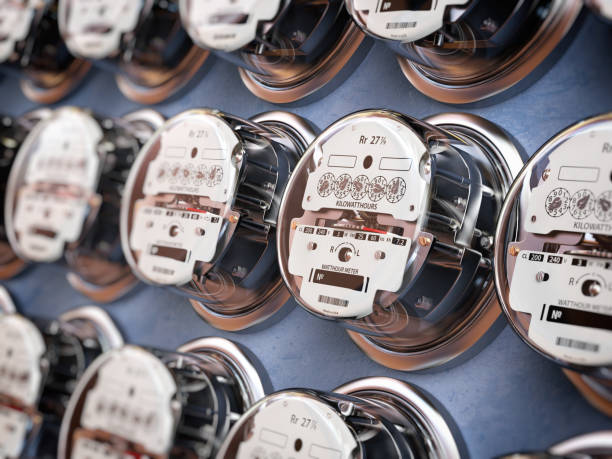
During the summer, cooling your room will be one of those costly ventures. However, learn the tips for cooling your room during the summer and you will be prepared adequately.
Apartment utility costs can rise up quickly, depending on usage. Due to this, before signing a lease agreement you must check out what you’ll be paying for.
Here is an outline of what utility bills you and your landlord are responsible for:
What Utilities are Included?
Your apartment lease agreement outlines all of the utilities included in your apartment. So it would be a good idea for you to pay attention before signing the document.
Ask as many questions as possible to understand your role as a tenant.
Here are utilities that you may find included in your lease agreement:
- Electricity
- Gas
- Internet/Cable
- Water
- Sewage
- Garbage
So, what utilities are you responsible for? Generally, you will be responsible for the following utilities:
- Electricity
- Gas
- Internet/Cable
- Water
On the other hand, the landlord will take care of the last two, sewage and garbage. Even though this may sound like a relief to you; usually, the cost of sewage and garbage is lumped into your monthly rent.
In some houses, the cost of utilities is fully taken care of by the landlord. Sounds appealing, right? The same trick here still applies; the cost is included in your monthly rent.
Advantages of Including Utility Bills in Your Rent
When utilities are lumped onto your monthly rent, some benefits come along with that, especially if you have a roommate.
Let’s say you’re splitting up the cost every month; doing that for every utility bill is cumbersome, and you might spend a lot of time getting all costs in order.
With that said, let’s dive into some of the benefits you will enjoy with utilities included in your monthly rent:
- You won‘t have to be concerned about exceeding your budget – It can be difficult to plan your monthly budget when costs fluctuate. However, if everything is included in your rent, you won’t have to worry about going over your budget.
Electricity bills, for example, can vary depending on the time of year; however, if it is included in your rent, planning becomes much easier.
Furthermore, if utilities are included, you may be surprised at how affordable a decent apartment can be.
- There will be less paperwork for you to deal with – Everyone hates dealing with paperwork, credit checks, and so on.
However, you won’t have to go through all that if the utilities are included in your monthly rent. All you have to do is pay your rent on time, and the rest will take care of itself.
- You will not be required to make any additional payments – It’s common for rent and utilities to have different due dates, making it easy to forget to pay, resulting in a penalty fee.
If you want to avoid this, paying a flat fee for everything is much more convenient, and you’ll never have to worry about your rent or utility bills again.
Drawbacks of Including Utility Bills in Rent
Even though paying all of your rental bills at once every month is convenient, there are some disadvantages to doing so.
Here are some of the challenges you’ll face:
- It‘s possible that you won‘t be able to control your thermostat – If your landlord is responsible for all of your utilities, they typically have complete control over the temperature and heat.
Besides, the water in your shower may not be as hot as you would like or the heat won’t be set to your liking. All of these scenarios are possible if you abdicate your utility payment responsibilities.
- It‘s possible that you‘ll end up paying more – When you abdicate your responsibility for utility bills, you lose control; as such, you can never tell the real cost of your utility bill.
What you’re left with is the idea of trusting your landlord’s value, which may be higher than what you would have paid if you handled it yourself.
Utility companies frequently have special offers, and if you don’t take advantage of them, you’ll miss out on the chance to save money.
What is the Average Utility Cost?
According to Energy.gov, the average American pays more than $2,000 per year on energy. The majority of that will be spent on heating, with cooling and water heating following closely behind.
Depending on where you live, you may pay more or less than this amount. If you’re staying in a humid area, for example, expect to pay more for electricity.
With that in mind, if you’re looking for an apartment to rent, the average utility cost should be one of the first things you consider before signing a lease agreement.
Electricity Bills in Michigan
In general, Michigan’s cost of living is more than ten percent lower than the national average. However, the cost of utilities is slightly above the national average.
Here’s what your electric bills should look like if you live in Michigan:
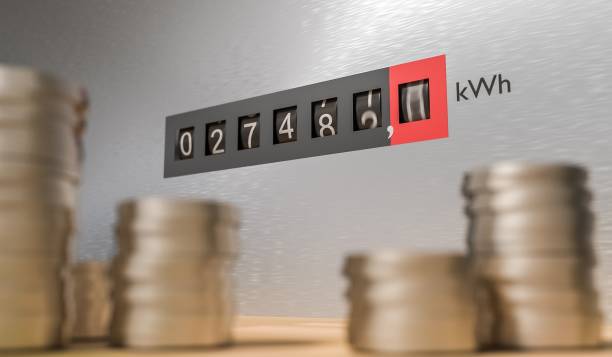
To begin with, Michigan homes consume 665 kWh per month. They are estimated to spend 6% more on energy than the average home. Furthermore, they consume 14% more energy for space heating than the average American household.
Final Thought
Learning tips to lower your apartment utility bills will go a long way in saving you a few dollars.
Your appliances are one of the things to keep an eye on (they increase your electrical bills). Start saving energy by maintaining them regularly so they can stay in good working condition and be energy-efficient.
Saving energy not only allows you to spend less on utility bills (saving money), but also conserves the environment. Switch to energy-efficient light bulbs to lower your electric bill. If you’re away from home, consider turning off your air conditioning system or heating system to save energy.
The majority of your utility costs usually goes to heating and cooling. If you want to save money, keep a close eye on your heating and cooling system, they are usually energy vampires.

